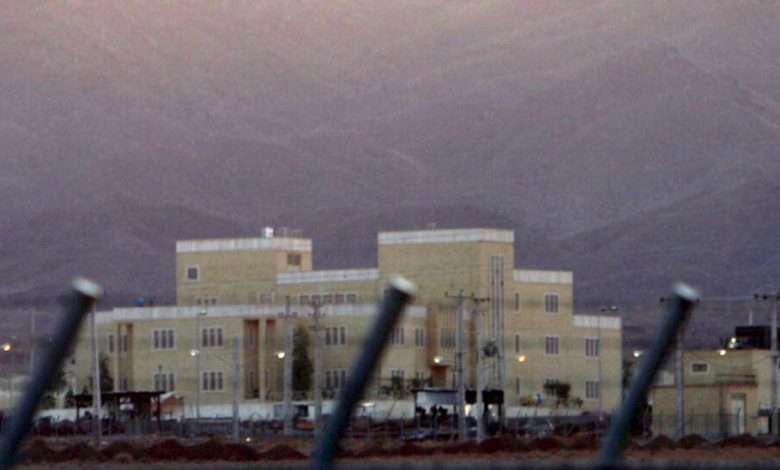U.N. Nuclear Watchdog Censures Iran and Demands Access for Inspectors

The United Nations’ nuclear watchdog agency on Wednesday censured Iran over its refusal to grant inspectors access to its uranium enrichment program, passing a carefully worded resolution after the United States toned it down in a bid to avoid provoking a crisis at a time in which the Middle East is already roiling.
The resolution was sponsored by France, Britain and Germany in response to advances in Iran’s nuclear program over the past year and the Iranian’s government’s refusal to cooperate with the agency. By most estimates Tehran is now just days or weeks away from being able to produce bomb-grade fuel for roughly three nuclear weapons, though actually fashioning them into warheads could take a year or more.
The resolution passed in a vote of the 35-member board of the International Atomic Energy Agency, a United Nations body, with 20 votes in favor, 12 abstentions and two against. The no votes were cast by Russia and China. Russia has close security ties to Iran and purchases Iranian drones for the war in Ukraine. China is a close economic ally helping Iran evade sanctions by purchasing its oil at a discounted rate.
Nine years ago, when Iran agreed to sharp limits on its nuclear program in a deal reached with the Obama administration and European nations, both Russia and China joined the effort to contain Tehran’s nuclear capabilities. The vote in Vienna on Wednesday made clear how dramatically their position has shifted.
While I.A.E.A. censure resolutions are not legally binding, they do carry political weight. In November 2022, the board passed a similar resolution that was drafted by the same three European countries, demanding that Iran cooperate with investigations into uranium traces found at suspected former nuclear sites. Iran never complied.
The Biden administration, though, was clearly concerned about avoiding a resolution that was so sharply worded that it could set off a backlash in Tehran. American officials said that they shared the Europeans’ concern, but that they did not want to back an unenforceable resolution that might prompt Iran to escalate its nuclear program at a time it is seeking to defuse tensions in the region.
